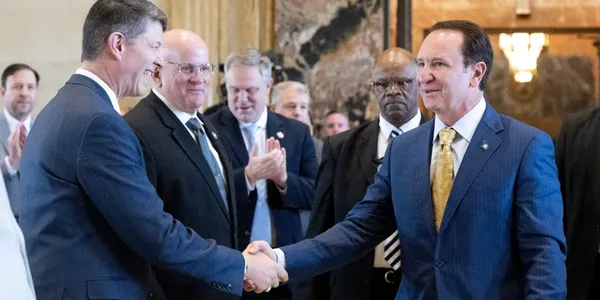Legislative Session Outcomes
By: D. D. Reese
The 2025 Louisiana legislative session concluded with a variety of outcomes impacting key sectors across the state, including insurance, education, and environmental policy. Lawmakers delivered mixed results that will shape public policy and local communities in the months and years ahead.
One of the notable successes during the session came from the insurance industry. Several “tort reform” bills were passed, aimed at reducing the frequency and size of lawsuits related to bodily injury accidents. These reforms are designed to limit the amount of compensation plaintiffs can receive, providing insurers with greater predictability and reducing legal costs. Industry representatives praised the legislation, arguing it will help keep insurance premiums more affordable for consumers and stabilize the market. However, some consumer advocates expressed concern that the reforms may restrict rightful access to compensation for accident victims.
Public education also saw important developments during the session. Teachers secured a reinstated $2,000 pay stipend for the 2025-2026 school year, a measure welcomed by educators and school officials who have long advocated for better compensation to attract and retain quality staff. Furthermore, a constitutional amendment has been approved to appear on the upcoming ballot, which, if passed by voters, would enable significant pay raises for both teachers and support staff statewide. Education leaders are hopeful that this amendment will pass, providing much-needed financial recognition for the vital work school employees do.
On the environmental front, the session was marked by heated debate over carbon capture projects and local control. Many lawmakers and citizen groups pushed for stronger local authority over these projects, particularly concerning the use of eminent domain to construct CO₂ storage pipelines. Despite these efforts, most of the proposed measures to enhance local control failed to pass. The session did produce some limited restrictions on eminent domain related to carbon capture infrastructure, but critics argue that these protections do not go far enough to empower communities or address environmental concerns.
Overall, the 2025 legislative session reflected the complexities of balancing economic interests, public welfare, and environmental stewardship. Stakeholders across the state will be closely watching the implementation of these policies and the forthcoming ballot measures that could further impact education funding and regulatory oversight in Louisiana.
